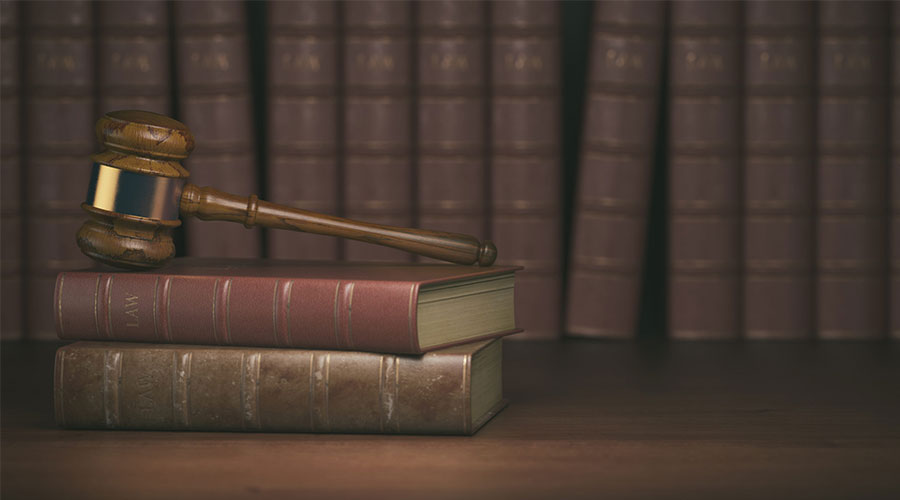Introduction
Ranging from business decisions, to legal representations, power of attorneys represent a vital element in the legal process. This legal document can have wide utilization – it is absolutely essential for it to be in the arsenal of any individual or corporation in order for the same to be represented by an agent of their choice in domains such as property management and transfers, estate management, or private affairs like guardianship, trusteeship or medical care. Here are a few key explanations with regard to this legal document and its importance in our day to day life.
What is a Power of Attorney?
A power of attorney is a legal document which allows an individual or a corporation to authorize another to act on their behalf. This agent may be bestowed with limited powers/special powers i.e. to carry out specific tasks on behalf of the individual/firm or general powers and authority given to the agent to act on their behalf in general in their absence/inability. These instruments are often used when the principal’s decision making capability is hindered by reason of mental or physical disability or hindered in some other way like travel, paucity of time etc.
Tip: Power of attorney documents are not only restricted to authorize lawyers but may also be given to family members like spouse and/or children, employees, caretakers, to authorize them to carry out powers as vested to them by the principal.
Why do you need a Power of Attorney?
As an individual, there can be many scenarios in which a Power of Attorney may be useful to you. Primarily, an individual can authorize representation in courts, government and semi-governmental offices, ministries etc. as well as appoint a representative to appear on their behalf in legal or commercial matters. An agent with a duly notarized power of attorney can step into the shoes of the principal which allows them to carry out tasks given to them seamlessly. For instance, you could authorize your real estate agent to conclude a sale of your property.
Power of Attorney for Management of Personal Affairs
If you do not find yourself with the need of appointing representatives in legal or commercial matters, Power of Attorneys have wide personal uses as well. An individual may adequately protect their loved ones after their lifetime by means of a last will and testament, however in the event of any physical disability/incapacity during the lifetime of an individual due to an accident; if no Power of Attorney exists, the family will lack the means of representing them. Thus, a last will and testament should be supplemented with a Power of Attorney to a spouse/children or any other family member in order to ensure that even if an individual is alive but incapacitated, the family can manage the assets and finance in general. By making valid Power of Attorneys, individuals can appoint representatives in various domains in the event they are incapacitated.
Power of Attorney for a Corporation
A corporation can appoint a third party (may be a law firm) or any employee to represent itself in general or specific transactions, courts, authorities, government and semi government offices, ministries etc. These Power of Attorneys may be general in nature, such as conferring rights and powers to the general manager of a company with the authority to manage its day to day affairs, or specific in nature, such as appointing an employee with the power to conclude a specific commercial transaction.
Validity of a Power of Attorney
A Power of Attorney can include a stipulation regarding its period of validity or may include a specific expiration date. An individual can restrict the validity of a Power of Attorney till the conclusion of a specific transaction or it may also expire depending on the emirate it is made in or on the nature of the power of attorney. For instance, in Dubai, a power of attorney given for property related matters, is valid for a time period of two years for selling of properties and valid for five years for purchasing properties.
How do you obtain a Power of Attorney in the UAE?
An individual or corporation who requires to obtain a Power of Attorney must draft the same in any language of their choice including but not limited to English, Chinese, Russian, Hindi, Urdu and Arabic, get a stamped copy of the arabic translation from a sworn legal translator in the UAE. The document should be well drafted and with clear instructions to avoid any ambiguity which may result in its rejection at the Notary Public at the Courthouse. After obtaining the document, the individual will be required to be present in person at the office of the Notary Public to sign the Power of Attorney in front of a Notary Public Officer. The Notary Public Officer shall stamps three copies of the Power of Attorney, of which two shall be returned to the individual, and one shall be entered into the public record. After the signage and stamping, the Power of Attorney becomes legally valid and can be utilized by the agent.
Risk involved in appointing a Power of Attorney holder
Legally appointing an individual as a representative in any domain comes with its own set of risks. A Power of Attorney allows an individual to step into your shoes and take decisions relating to the subject matter for which authority is vested in the agent. An authorized decision that an agent is binding on the maker of the Power of Attorney, however risks and arbitrary decision making can be avoided by limiting the powers and authorities of the agent. In order to lessen risk, it is best to rely on personal trust with the individual, and make sure the document limits their powers to the extent required.
Advantages of a Power of Attorney
Making a Power of Attorney allows you the opportunity to exclude your own physical presence in dealing with legal/commercial matters requiring your physical presence in the event you may be physically unfit to be present, travelling or preoccupied with some other work, saves your time, money and effort. You can bypass the stress and hassle of multiple visits to government and semi-governmental offices, authorities etc.

